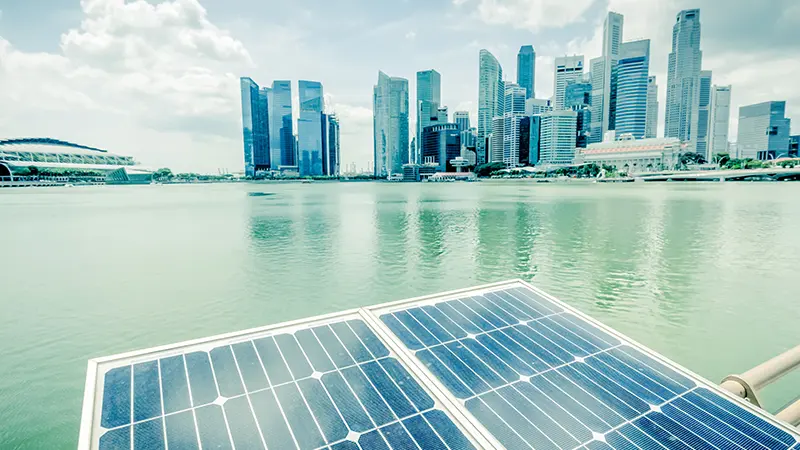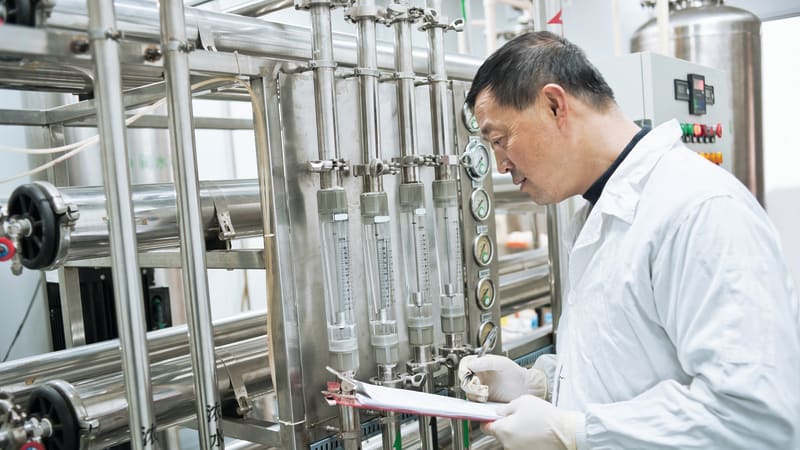All students are required to bring their own notebooks for lessons. You may refer to the required technical specifications for notebook HERE.
| REGISTRATION PERIOD APPLICATION CLOSED |
|||
| COURSE DATE | 20 Apr 2026 - 18 Apr 2027 | COURSE DURATION / FREQUENCY | 3 hours/session (2 days/week) |
| MODE OF LEARNING | Facilitated Learning (Face-to-Face/ Online Synchronous) and Asynchronous E-Learning | COURSE VENUE | Temasek Polytechnic |
The course aims to equip students with the knowledge of various building systems and develop competency in sustainable design concepts, energy audit and management, application of energy efficiency technologies and energy economy.
Upon graduating from the course, graduates will be able to:
Understand the working principle of building Mechanical and Electrical (M&E) systems including Air Conditioning and Mechanical Ventilation (ACMV) system, motor-driven systems such as pumps and fans, electrical services and lighting systems
Interpret BIM drawings of building systems for maintenance
Apply energy-saving strategies for M&E systems
Assist in the conducting of energy audit measurements and data-logging
Conduct basic building data analytics for energy management
Undertake basic efficiency evaluation of energy & utility systems
Assist in the preparation of measurements, monitoring and verification report
Understand and apply sustainable design concepts for buildings
Evaluate main building systems inter-relationships to facilitate diagnosis of integration issues and their impact on energy performance and indoor environment quality
Modes of Assessment
- Assignments
- Projects
- Quizzes
For more information on course fee / schedule, or to apply,
Entry Requirements
| A Polytechnic Diploma or ITE Technical Diploma / Technical Engineer Diploma / Work-Learn Technical Diploma in Science, Technical, Engineering, Math (STEM) or equivalent |
| OR |
| A Bachelor’s Degree or equivalent |
| OR |
A Post-Secondary Certificate AND with at least 3 Years of relevant working experience |
Course Contact
- Mainline 67881212
-
Monday - Thursday: 8:30am - 6:00pm
Friday: 8:30am - 5:30pm
Closed during lunchtime, 12:00pm - 1:00pm
and on weekends and public holidays. - https://www.tp.edu.sg/tsa
-
Temasek SkillsFuture Academy (TSA)
Temasek Polytechnic
East Wing, Block 1A, Level 3, Unit 109
21 Tampines Ave 1
Singapore 529757
Temasek Polytechnic reserves the right to alter the course, modify the scale of fee, amend any other information or cancel course with low enrolment.









